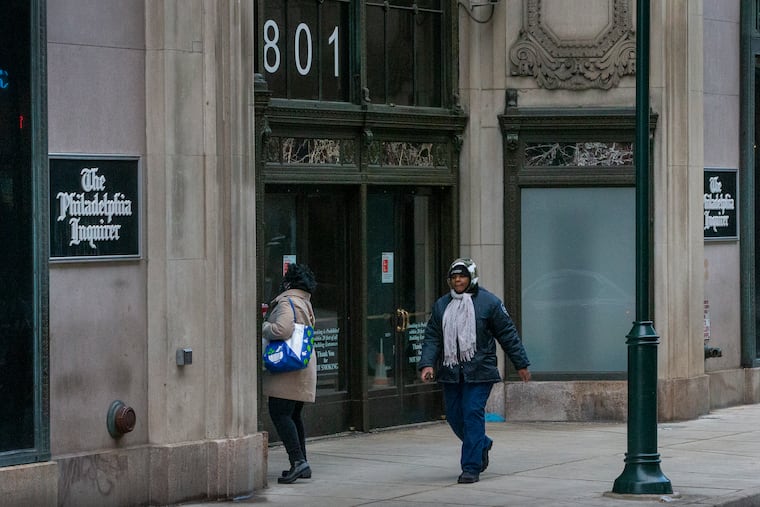Now do you understand why I write about Black people so much? | Jenice Armstrong
Researchers examined The Inquirer over a six-week period and found that whites appeared in the vast majority of our stories. But Philadelphia is only 34% white.

I assigned myself to the race beat years ago, before I even arrived at The Inquirer.
I was writing for the Daily News at the time.
No editor asked me to do it. I just took it upon myself. I had gotten frustrated by how in a city filled with so many Black and brown people, that so many of their stories and issues didn’t make it into our pages.
As an African American journalist, I stepped into the gap. Since then, I’ve written hundreds of columns calling for justice for Breonna Taylor and Trayvon Martin, among others. I have also chided newspapers for taking so long to finally get around to capitalizing the letter b in Black. After the nation’s first Black and Asian female vice president called out Black women, I weighed in on how that felt. Once I revealed how old fashioned I am when I wrote about how I bristle when teenagers and children address me by my first name.
I’m not alone.
Op-ed columnist Solomon Jones weighs in with his race-related columns every other week; my newspaper bestie Elizabeth Wellington keeps it popping in features with her hot takes, and Melanie Burney is out in South Jersey. African American journalists are a small but mighty part of The Inquirer, which, despite its progress in diversifying over the years, still has a newsroom staff that is three-quarters white.
In a city that is 40% Black, that’s just not right.
A recently released content audit, commissioned by The Inquirer and conducted by Temple University, revealed that white reporters were more likely to write about white people. As a result, The Inquirer’s coverage skews largely white. Certain desks at The Inquirer such as the investigations team don’t have any Black people. There are only two Black reporters on the news desk.
It’s shocking but nothing new.
Inequities like these have existed for years not just here in Philadelphia but around the country. It’s one of the reasons why I decided to major in journalism in college. I had this idea back then that I could be part of the change that the industry so desperately needed. After graduating, I moved around the country, interning at smaller newspapers. Often, I was in situations where I was the only Black journalist.
When I landed in Philadelphia during the 1990s, it felt like I had arrived. Initially I worked at the Philadelphia Daily News, which back in the 1990s had a fair number of Black people on staff. But over the years, the newsroom shrank. The Daily News and Inquirer merged. Things changed.
Still, going through the pages of the audit was disturbing.
It’s one thing to have a general sense of diversity issues in a newsroom and a whole other thing to see them quantified in a study. Temple began its work after The Inquirer published its infamous “Buildings Matter, Too” headline last summer in the aftermath of the uprising following George Floyd’s killing by Minneapolis police. Researchers examined The Inquirer over a six-week period and found that whites appeared in the vast majority of our stories.
But Philadelphia is only 34% white. Granted, the region, which the paper considers its primary audience, is roughly two-thirds white.
Still, seeing everything laid out in that 123-page report was disturbing.
It also made me feel somewhat vindicated about my decision to include race as one of my areas of coverage. It has cost me, though. I get more than my share of haters. I have the emails to prove it. I also get challenged about why I write about the topics I do. Sometimes I want to respond by saying, “Do you ever ask white journalists why they write about what they do?” I already know the answer. Of course they don’t. In their eyes, I’m the anomaly. And if you consider the findings of Temple’s audit, they have a point.
That’s why I often write about Black people.